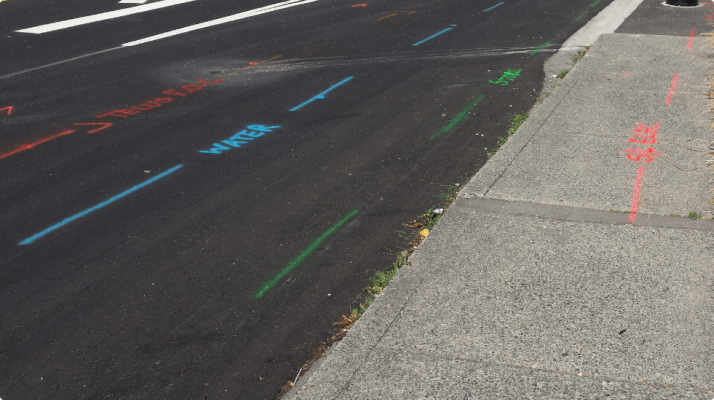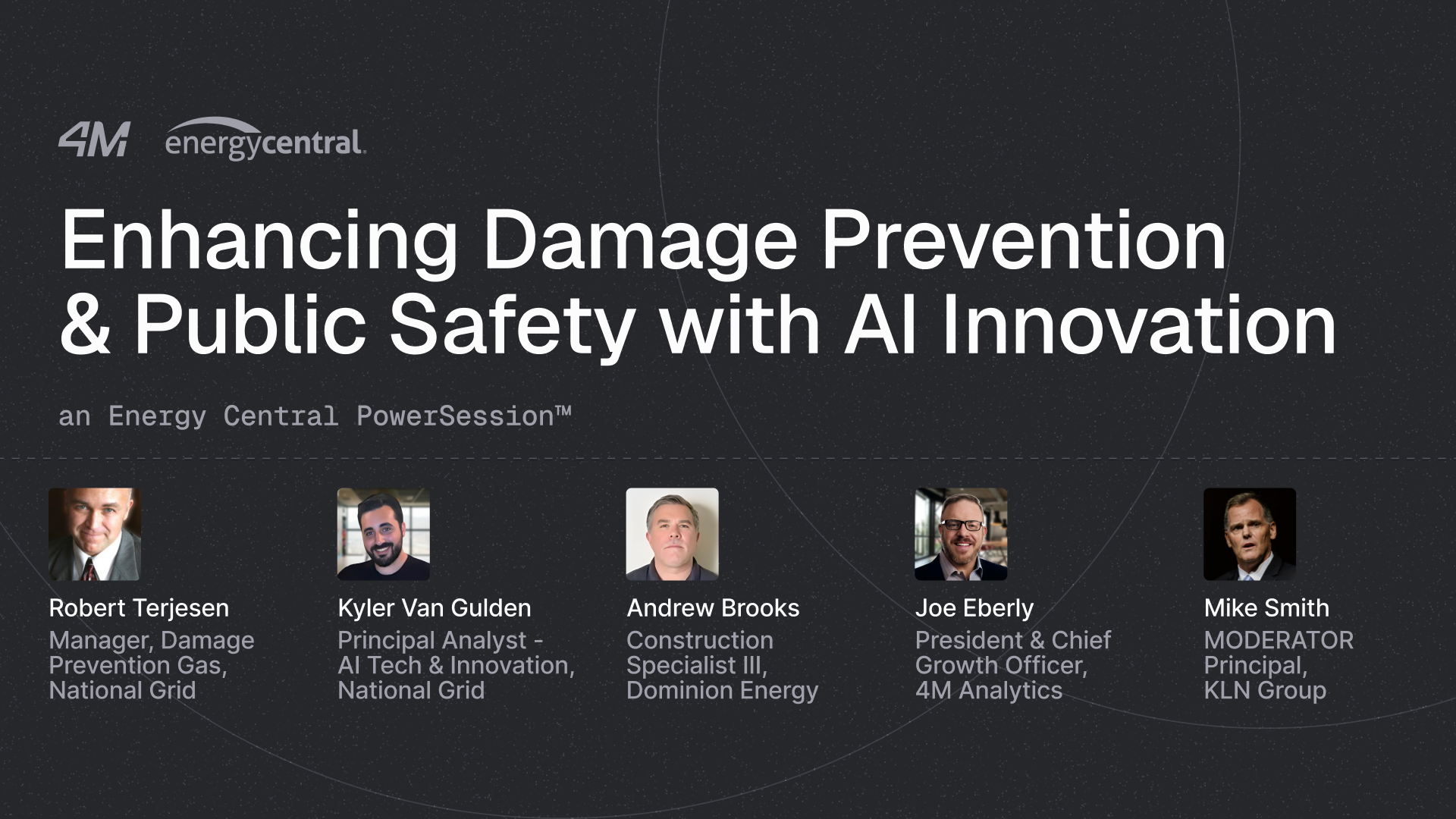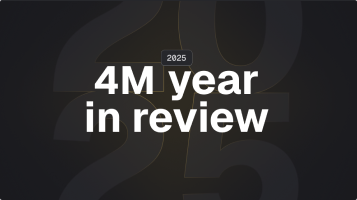The Lasting Marriage of Construction and Tech
Written by

Published on
May 21, 2021


Table of contents
Around the world many industries have experienced a major growth spurt during, and sometimes thanks to, the global pandemic this past year. From protection accessories to remote services, numerous companies have gained a strong foothold in their respective markets.
This trend has been especially visible lately in the tech sphere where record-breaking IPO's and startup acquisitions seem to be making headlines on a daily basis, not only in the consumer market but also in other areas like Fin-Tech and the construction and civil engineering industry.
In construction, the current thinking is that a ‘tech-savvy’ approach is the only way forward, adopting 21st century technology to replace outdated systems and drastically changing the way civil and structural engineering companies go about their business.
With young engineers making up a workforce that is now more skilled than ever, the biggest improvement is the way that technology continues to evolve and provide better solutions to different stakeholders.
Only two decades ago architects and engineers were still using paper and drawing boards alongside the early generations of CAD software but now as we reach the second half of 2021, we have two, and even three, computers per person with improved capabilities for multi-tasking through smartphones and tablets supporting the staff.
These sophisticated solutions utilize a new level of high-quality information now produced at lightning speed, an aspect of the new Cloud-AI-Data age that has an accumulative effect of driving improvements and standards across the sector.
For players in U.S. there is growing anticipation around the Biden Administration Infrastructure plan allocating more than a trillion USD to be invested into a variety of initiatives to upgrade and modernize the country’s infrastructure.
It is clear that a successful execution of this ambitious plan depends on the construction industry embracing technology that improves and relates to how the actual work is done.
Authorities are actively working to encourage such efforts, like the American Federal Highway Administration with its 'Every Day Counts' initiative to identify and rapidly deploy underutilized innovations that can shorten project delivery, enhance roadway safety and of course integrate automation into ongoing and new projects.
A good example is the San Francisco-based construction tech firm OpenSpace recently raising $55M to map job sites in real time, with this round bringing the company’s total funding to just around $90M.
Founded in 2017, the startup uses AI and cameras to provide 360-degree imaging of active job sites. The company has stated that its cloud-based system has tracked four billion square feet of active construction projects in the U.S to date, an impressive accomplishment for a new company in such a short time-frame.
Although similar startups have emerged to give building owners and contractors better information of their job sites, the ability to monitor progress remotely became a key tool during the pandemic and marks a shift towards a more flexible concept of project management not handled from within the site itself.
Another impressive achiever is Procore Technologies.
The construction management software company founded in 2003 is looking to nearly double its private valuation having raised well over a half-billion USD from a host of investors, most recently raising $150M USD at a valuation of just over $5 billion USD.
Offering a sales pitch of connecting everyone working on a project with a single platform, Procore has reported steady revenue growth over the past three years, increasing from $186.4m USD in 2018, to $400.3m USD in 2020. Considering this is an industry-specific service for one aspect of construction operations, this is very big money.
With the coming influx of infrastructure development projects post-pandemic, in the U.S. but also in Europe and Asia, many are anticipating a rapid expansion of surrounding sectors – a natural secondary wave of investment and growth of companies offering advanced technologies to this industry, particularly when it comes to innovations utilizing AI and its infinite potential.
It is in fact not a race but a combined effort from both sides; industry members in need of better solutions, seeking to modernize their ecosystem and tech companies developing smarter and more scalable solutions to meet bigger challenges.
Recent blog posts

Our Newsletter
Join 7k infrastructure professionals
Get monthly insights on ways to build smarter, faster and safer with Utility AI.






